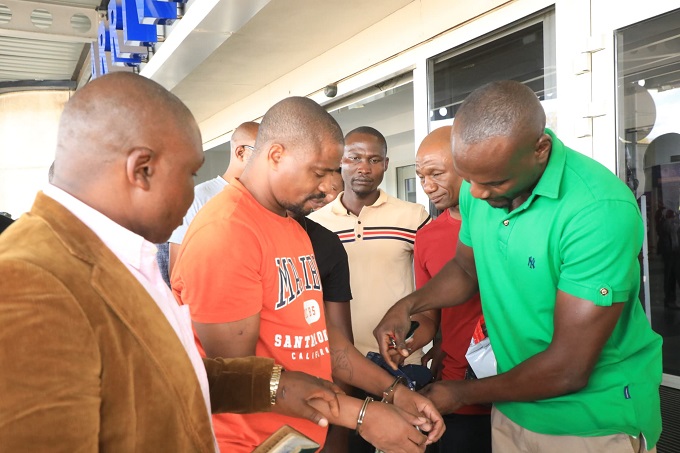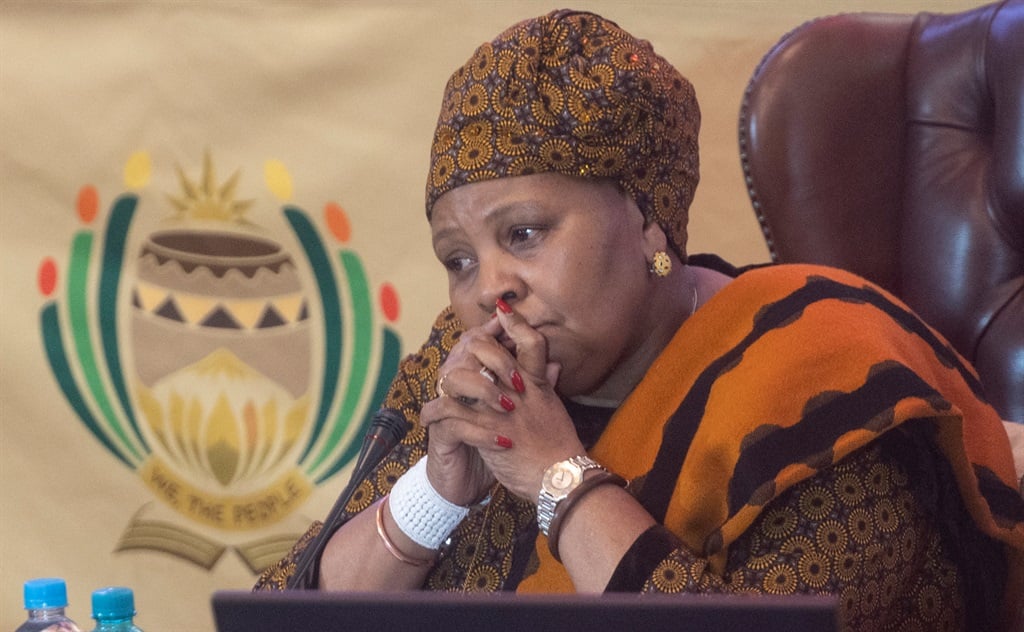BULAWAYO – The government has stoutly defended its human rights record, rejecting suggestions from Western countries that it uses torture and jails opponents — insisting its policies are guided by the rule of law.
The discussion came in a newly-launched process called the “Universal Periodic Review,” (UPR), under which all members of the United Nations are expected to submit themselves, every four years, to scrutiny of their human rights record.
Zimbabwe underwent the UPR process from October 2011 to March 2012 and is due for another review. During the review by the Human Rights Council in October 2012, 177 recommendations were made and Zimbabwe accepted 130.
Briefing journalists here, permanent secretary in the Justice ministry Virginia Mabhiza said while there were a number of areas that needed special attention, her ministry was steadily working towards full implementation of human rights recommendations under UPR.
Mabhiza, claimed government has made major efforts to protect human rights.
“I can say we have done a lot as the government of Zimbabwe with our first point being the enactment of the new Constitution,” Mabhiza said.
“Our Constitution has always been hailed for its expansive Bill of Rights which is justifiable, where the citizens have the rights to take government to court for non-implementation on what the Constitution provides for.”
The permanent secretary also attributed the establishment of independent constitutional commissions to the ministry’s concerted efforts in improving human rights in the country.
“The Human Rights Commission is fully independent, up and running, we are also working towards the National Peace and Reconciliation Commission whose principles have been to Cabinet, I am told the Bill is now at an advanced stage of presentation,” she said.
“The Gender Commission is now in force and commissioners have taken oath of office.
“These are some of the milestones that we have since achieved, with the whole idea being to improve the human rights situation.”
Since imposing sanctions in 2002 over electoral fraud and human rights abuses, the EU has eased measures to encourage political reform in Zimbabwe, although it has kept its ban on President Robert Mugabe and his wife Grace, as well as an arms embargo.
Zimbabwe has avoided having its overall rights practices discussed in any detail in major UN bodies for over a decade, and its strong reaction clearly showed deep sensitivity on the issues involved, observers said.





